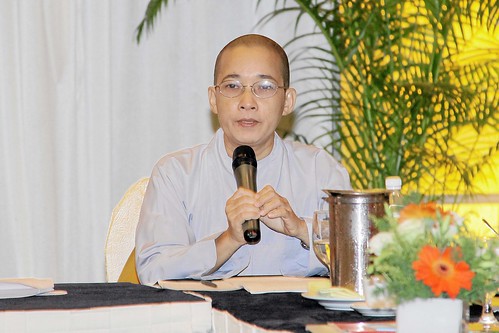
As a
published writer I frequently get contacted by friends, acquaintances and total strangers asking me for advice on how to more seriously pursue a career in writing. While I love answering these people in-depth and giving them all kinds of tips and leads, I also thought it might be helpful if I distilled this advice for anyone to read and act on. So here are my 7 Ways to Pursue Your Writing More Seriously:
- Enrol in a University writing course - This is controversial advice, as there are many people out there who will tell you that there is no need to do such a thing, that writing can't be taught etc. etc. Bunkum. Many of the most successful writers working today are the products of University-based creative writing courses. Even I, in my own modest way, can trace the trajectory of my professional writing career back to a University writing course. Ther are many reasons why such courses work: You are encouraged to think realistically about your writing and your market; you are placed in a competitive milieu which ratchets up your productivity, output and daring; and you have a lot of the really rough corners of your writing beaten out of you because of the constant criticism your writing is subjected to.
- Join a Writers' Centre - Such centres exist in most states in Australia, and in some regional areas. Again, they build a sense of milieu, and they offer great courses which will help you to refine your craft. They also tend to produce excellent newsletters filled with good practical advice for all writers.
- Sign up for a private writing course or workshop - These can be expensive, but they are so worth it. Just save your pennies and think of it as a holiday. The people who run these courses (and I think instantly of my great friend and mentor Jan Cornall) are dedicated, professional and in love with writing. They are also invariably interested in you and what you are writing - which can put them in a minority right at the beginning of your career.
- Go away and write - If you are on a budget, then go off to a cabin or a monastery and spend some time with you and your paper. No internet connection is a plus. Spend time with yourself and your ideas about writing. This is not meant to be where you really get started on your masterpiece (though it might well turn into that). It's more of a time for you to think and write and get every single idea, hope and goal down on paper. Take a half dozen self-help books with you and do all the exercises. Re-imagine yourself as an interesting, creative being. If you have the money and the time, think about doing an organised writing retreat in somewhere like Bali or Phuket - these can often be cheaper than you would imagine. Quite successful and accomplished writers run such retreats, so watch their websites and keep an eye out.
- Do The Artist's Way - Yeah, I know a lot of people will poo-pooh this suggestion, but the fact is that this amazing course in creativity has helped many very successful people to re-launch thier careers. Many places offer an organised Artist's Way Course and this would be even more of a plus.
- Join a local writing group - This is separate to joining the bigger and better organised state writers' centres. Local groups can be chaotic, filled with every kind of eccentric. But I found my involvement to be immensely valuable in helping me to conceive of myself as a writer once more. And they can provide plenty of material for later stories.
- Read, read, read - I am always bothered when people who don't read want to start writing. I'm gonna put my neck out here and say that there has never been a really good writer who wasn't also a voracious reader. I once went to hear British novelist Jeanette Winterson speak, and she said that universities should be offering creative reading workshops as well as creative writing workshops. If you are just launching yourself back into writing I would suggest you push your laptop aside for a month and do some solid reading. Read half a dozen or so books on writing; a few self-help and inspirational books; a few biographies of great writers; and at least the current Top 10 bestsellers in whatever genre you want to write in.
So there it is - my Top 7.
These tips are intended for people who have maybe put their writing aside for many years as they attended to a more sensible career.
I would love to hear from people with other tips, or more detailed information on the suggestions I have listed here.

